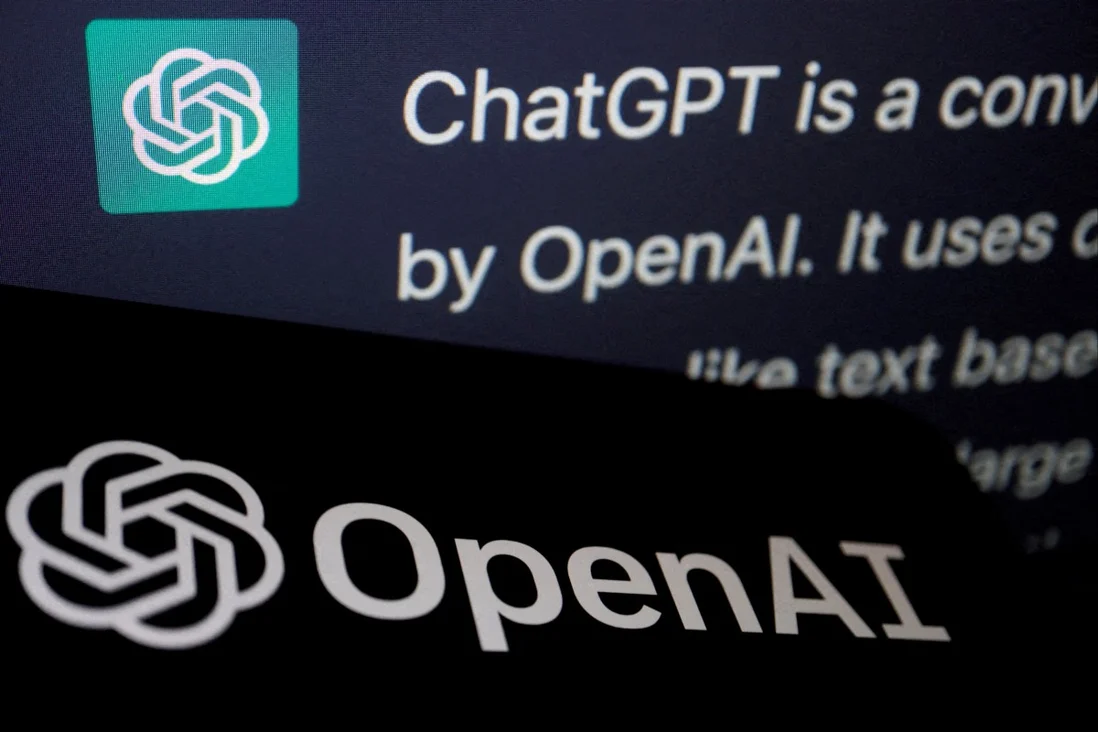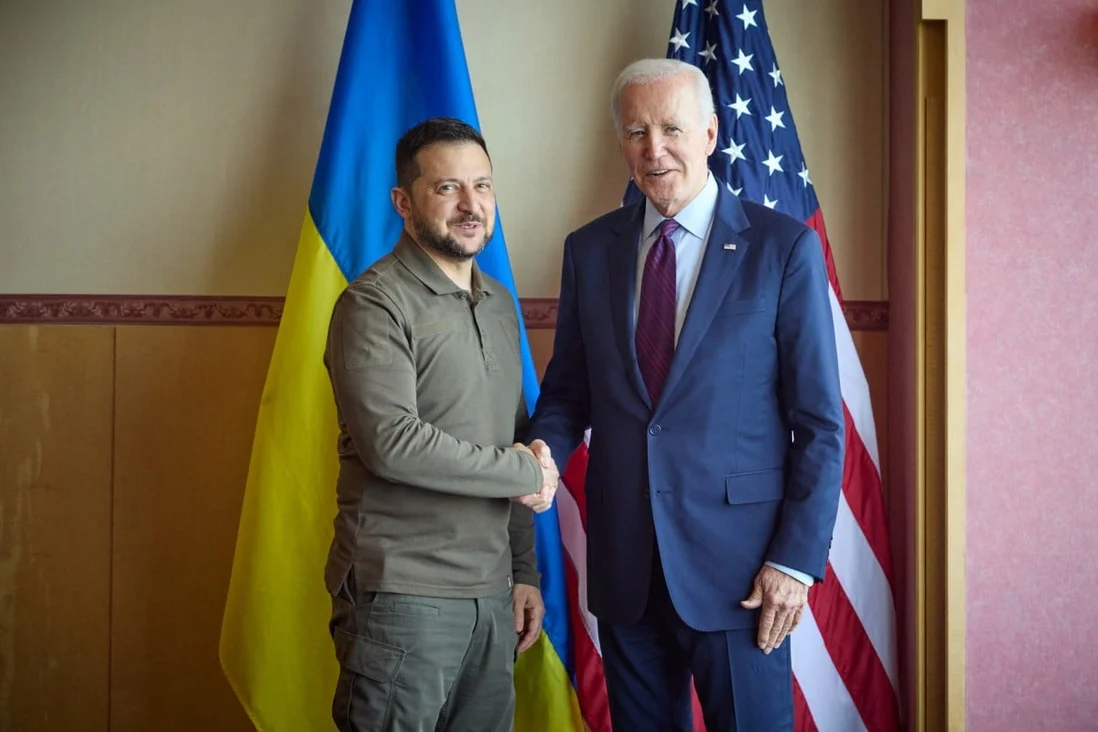Dark clouds on chat GPT revolution: cost
- OpenAI lost nearly USD 540 million while developing Chat GPT last year and said it needed USD 100 billion to meet its ambitions.
- Experts warn that the advent of generative AI will deepen reliance on cloud computing and technology giants, leaving the same players in the driver’s seat.
The explosion of artificial intelligence has shaken the world, but a question rarely arises: Who can afford it?
According to industry media The Information, OpenAI lost about USD 540 million last year while developing Chat GPT and said it needed USD 100 billion to meet its ambitions.
”We’re going to be the most capital-intensive startup in Silicon Valley history,” OpenAI founder Sam Altman told a panel recently.
And when Microsoft, which has invested billions of dollars in OpenAI, is asked how much its artificial intelligence adventures will cost, the company responds with assurance that it’s keeping an eye on its bottom line.
Creating something even closer to the scale of what OpenAI, Microsoft or Google have to offer will require investing in state-of-the-art chips and recruiting award-winning researchers.
”People don’t realize that a large amount of processing power is required to do artificial intelligence things like ChatGPT. Jack Gould, an independent analyst, said training these models could cost millions of dollars.
”How many companies can go out and buy 10,000 Nvidia H-<> systems that sell for thousands of dollars per piece?”
The answer is none and in technology, if you can’t build infrastructure, you rent it out and companies already work extensively by outsourcing their computing needs to Microsoft, Google, and Amazon’s AWS.
Experts have warned that with the advent of generative artificial intelligence, the dependence on cloud computing and technology companies is deepening, due to which the same players sit in the driver’s seat.
Software AG’s chief product officer Stephen Sig said the unexpected cost of cloud computing “is a very low estimation problem for many companies.”
Seg compares cloud spending to electricity bills and says companies that don’t know better are “a big surprise” if they let their engineers run the bill in a frenzied rush to build technology, including artificial intelligence.
Microsoft’s Signature Cloud offer is Azure, and some observers believe that the company’s entire bet on artificial intelligence is actually about protecting Azure’s success and guaranteeing the future of cash.
Azure has been making massive profits for many years without attracting iPhone or social media headlines, which go directly to consumers.

”For Microsoft, Golden Goose is monetizing the cloud with Azure because we’re talking about what could be $20, $30 and $40 billion a year if the artificial intelligence condition is successful,” said Dan Ives of Wedbush Securities.
Microsoft CEO Satya Nadella insists that artificial intelligence is “moving fast in the right direction”.
Ives predicted that Nadella, the most respected on Wall Street, would be given six or nine months to prove that his bet was the winner.
CFO Amy Hood told analysts this month that Microsoft recognizes the threat but insists it should “lead this wave” on artificial intelligence.
”We will charge for these artificial intelligence capabilities, and then eventually, we will provide operating profits,” he said.

Accumulating profits in a company founded by Bill Gates can only mean transferring the value of artificial intelligence to consumers.
From Main Street to the Fortune 500, relying on AIAmped will be expensive and companies and investors are looking for alternatives to reduce the minimum bill.
”Artificial intelligence training, GPT training will become a very important cloud service going forward,” said Tiny Fu, CEO of SpectroCloud.
Like many others in the sector, his company also helps companies improve cloud technology to reduce costs.
”But after training, a company will be able to get its model back for a real AI application” and hopefully reduce dependence on cloud giants, he added.
Regulators are hoping that they will not leave large companies responsible by imposing their conditions on small companies.
Law enforcement agencies must ensure that… Opportunities and opportunities for competition… FTC chairwoman Leena Khan told CNBC that she was not being beaten by current players.
But it may be too late, at least when it comes to which companies have the resources to provide a generative artificial intelligence base.
”It’s absolutely true that the number of companies training real frontier models is going to decrease just because of the resources needed,” OpenAI’s Altman told a U.S. Senate panel on Tuesday.
”So I think there needs to be incredible scrutiny on us and our competitors. ‘



